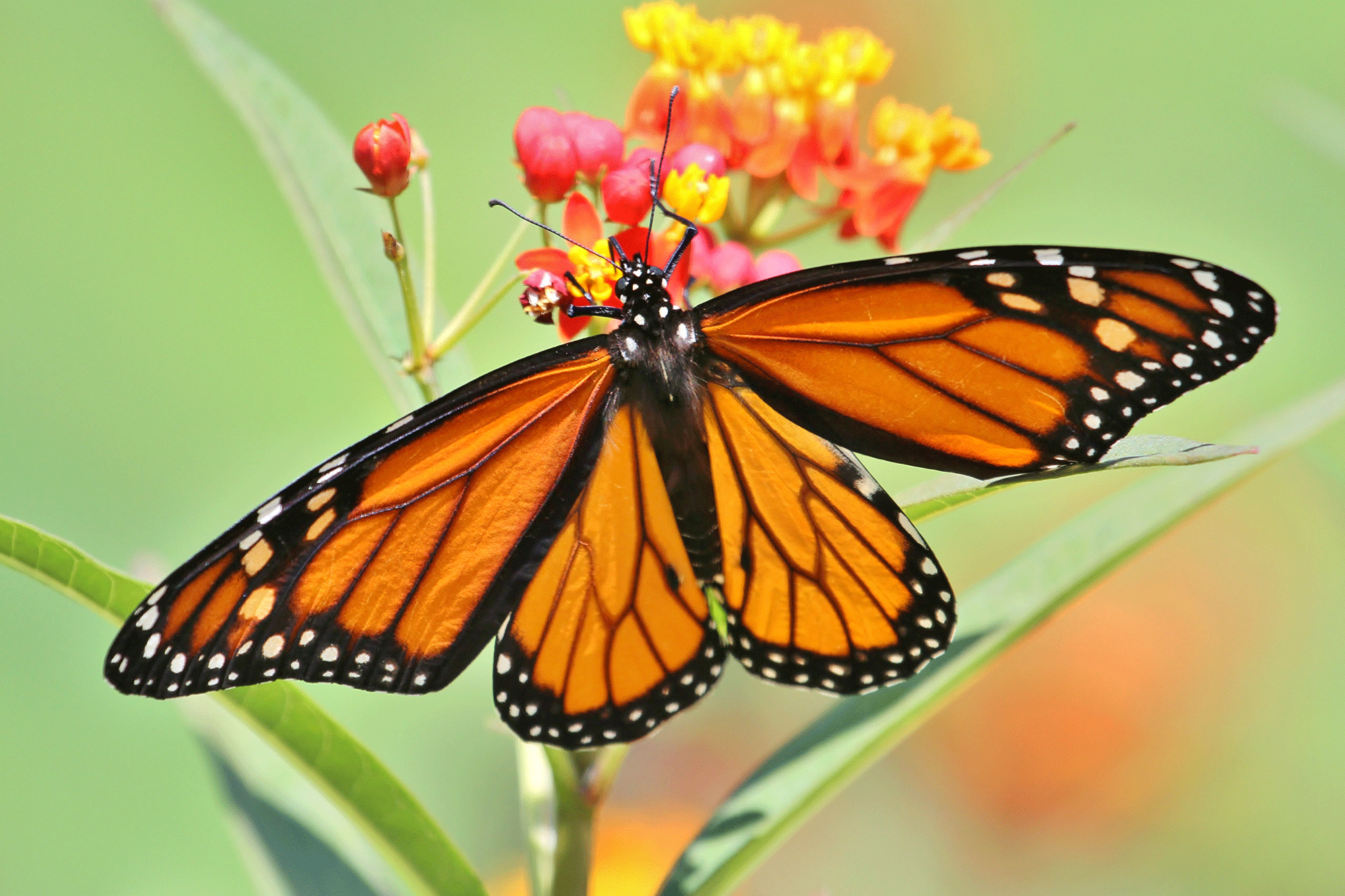

In party-line votes, the U.S. House of Representatives Committee on Natural Resources, led by Rep. Rob Bishop (R-Utah), advanced five bills today that would hamstring the Endangered Species Act and condemn hundreds of species to extinction. The legislation can now move to the full House floor for further consideration.
In December, Rep. Bishop stated that his goal was to repeal the act in its entirety. These bills represent the foundation of this longstanding goal.
“These bills would put monarch butterflies, wolverines and hundreds of other imperiled animals on a fast track to extinction,” said Brett Hartl, government affairs director at the Center for Biological Diversity. “This legislative onslaught is a brutal, blatant effort to cripple the Endangered Species Act. The only winners would be special interests that put profits ahead of our nation’s most cherished wildlife.”
Senate Bill Aims to Strip Protections From 1,098 Endangered Species Including Utah Prairie Dog, Florida Panther https://t.co/vOCzsu4jRW @WWF
— EcoWatch (@EcoWatch) September 28, 2017
The House Committee on Natural Resources approved the following bills today:
- H.R. 717 by Rep. Pete Olson (R-Texas) would require consideration of the economic costs of protecting an animal or plant on the endangered species list and remove deadlines for completing the listing process.
- H.R. 1274 by Rep. Dan Newhouse (R-Wash.) would automatically deem any information submitted by a state or local government to be the “best available” science even if such information were contradictory, out-of-date or fraudulent, weakening the listing process for endangered species.
- H.R. 3131 by Rep. Bill Huizenga (R-Mich.) would hamper citizen enforcement and participation in the implementation of the act’s provisions. Undercutting the ability of citizens to bring lawsuits would make the agency more prone to improperly consider politics in its listing decisions and prevent imperiled species from receiving protections in a timely manner.
- H.R. 2603 by Rep. Louie Gohmert (R-Texas) attempts to limit the Endangered Species Act’s provisions for exotic game species that have been imported into the U.S. for trophy hunting. If taken literally, this legislation would remove the need for conservation permits of exotic game species, eliminating a critical funding source for overseas conservation of those very species.
- H.R. 424 by Rep. Collin Peterson (D-Minn.) would reinstate a 2011 decision by the U.S. Fish and Wildlife Service to remove federal protections for gray wolves in the western Great Lakes states. In 2014, a federal judge found numerous scientific and legal deficiencies with that 2011 decision and brought back protections for gray wolves. The legislation would invalidate the court opinion and preclude all judicial review into the future.
Since January, congressional Republicans have launched 47 legislative attacks against the Endangered Species Act or particular endangered species. Since the Republican takeover of the House of Representatives in 2011, more than 270 attacks have been instigated.
“When it comes to the Endangered Species Act, Rep. Bishop is only interested in undermining science, stopping citizens from holding the government accountable in court and green-lighting the slaughter of wolves,” said Hartl. “The American people do not support these radical attacks. They want our government to do more to help endangered species recover, just as it did with bald eagles and gray whales.”
Nine out of 10 Americans support the Endangered Species Act and want it either strengthened or left unchanged by Congress, according to a 2015 poll.

 233k
233k  41k
41k  Subscribe
Subscribe 